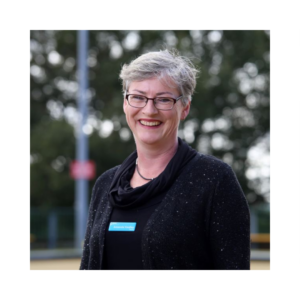
What are we asking for?
$100 million per annum over four years to fund local government circular waste innovation projects.

Why is it important?
Australia is one of the world’s largest waste generators per capita. We are running out of landfills, and recycling collection costs that are borne by all Australians continue to rise.
Moving to a circular economy, where waste is designed out of the system and resources are valued, will bring down business costs, support new industries and jobs, and reduce greenhouse gas emissions.
By mid-2024, when Australia’s waste export ban comes into full effect, 645,000 additional tonnes of waste plastic, paper, glass, and tyres will need to be recycled each year.
To deal with this increased waste stream, the Commonwealth set up the $190 million Recycling Modernisation Fund in 2020 to spur investment in recycling by industry and governments.
Recognising that their communities want concerted action to reduce and reuse waste – and mindful of the fact that easily accessible space for landfills is in short supply – local governments have been prominent in pursuing innovative solutions to recycling.
However, with waste export bans starting to take effect, Australia faces a looming waste and recycling crisis unless urgent action is taken to find more opportunities to process low-value mixed paper and plastics from municipal co-mingled recycling.
How would it support our communities?

The Shoalhaven City Council has partnered with the University of NSW SMaRT Centre to build a new recycling facility (MICROFactorie) that will remanufacture 14 tonnes of waste plastics into filament for 3D printing and almost 450 tonnes of glass and mattresses per year into green ceramic tiles and other forms of furnishings.
Construction of the Green Ceramics MICROfactorieTM will begin in early 2022 with the new facility expected to be completed by the end of the year.
The facility is being supported with a $500,000 co-funding grant from the Federal Government’s $190 million Recycling Modernisation Fund, and learnings will be shared with other local councils around Australia through the Federal Government’s National Environmental Science Program’s Waste Hub.
Mayor Amanda Findlay said: “The project is considered ground-breaking because it solves an issue with previously unrecyclable broken and dirty glass fragments”.
“Whilst there are other glass processing facilities in Australia, this new facility uses a unique and innovate washing process that will help solve our growing waste problem.”



